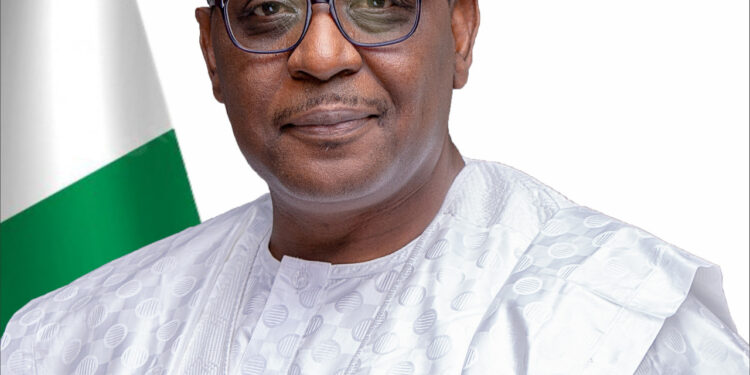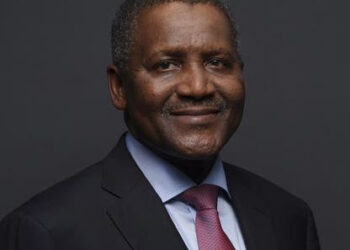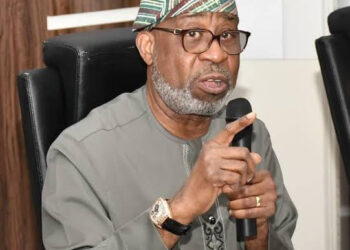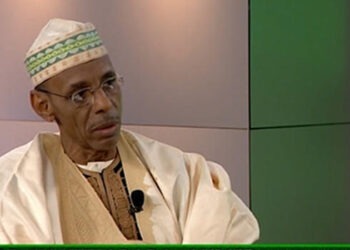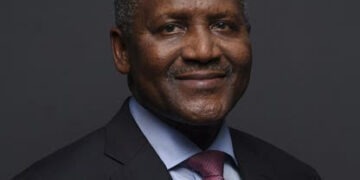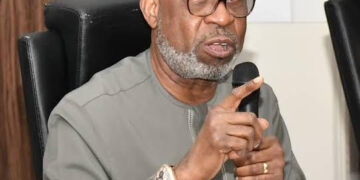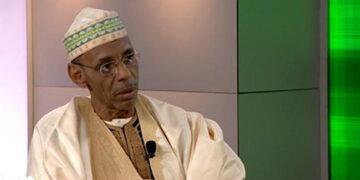In a bid to improve access to healthcare in Nigeria, the federal government announced on Friday that it has successfully provided healthcare services to more than 2.4 million vulnerable citizens over the past year through its Vulnerable Groups Fund (VGF). This announcement was made by the Minister of Health and Social Welfare, Prof. Muhammad Ali Pate, during a ministerial oversight committee meeting concerning the Basic Healthcare Provision Fund (BHCPF) held in Abuja.
Prof. Pate highlighted that this initiative is specifically designed to tackle critical issues such as maternal mortality and the overall health of children in the country. He emphasized the government’s unwavering commitment to affordable healthcare particularly aimed at aiding impoverished and vulnerable population who may otherwise struggle to access necessary medical services.
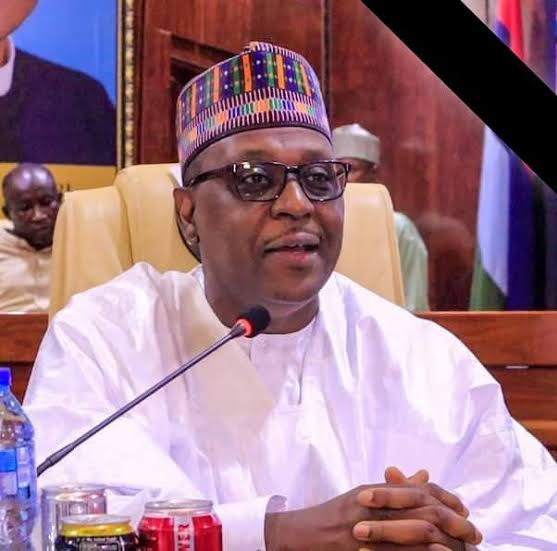
He stated, “Over the last year, four million additional enrollees have been included in the Vulnerable Groups Fund, which means they can afford healthcare.” This expansion reflects a significant advancement towards achieving equitable healthcare access for all Nigerians, regardless of their socioeconomic status.
In his address, the minister noted that the government has allocated a considerable amount of resources to bolster comprehensive emergency obstetric care. This initiative aims to ensure that healthcare remains financially accessible for the poor and vulnerable segments of the population. He remarked, “Some states are doing well, like Anambra, while others are lagging behind. But it is a journey we are on together with the federal government, states, and other stakeholders.”
Addressing the ongoing challenges with regards to maternal health, Prof. Pate reiterated the government’s prioritization of tackling obstetric fistulas—serious conditions that affect many women as a result of childbirth complications. In a proactive step, the government has signed a Memorandum of Understanding (MOU) with Health Maintenance Organizations (HMOs), the National Health Insurance Authority (NHIA), and various fistula repair centers located Ebonyi and Katsina states.
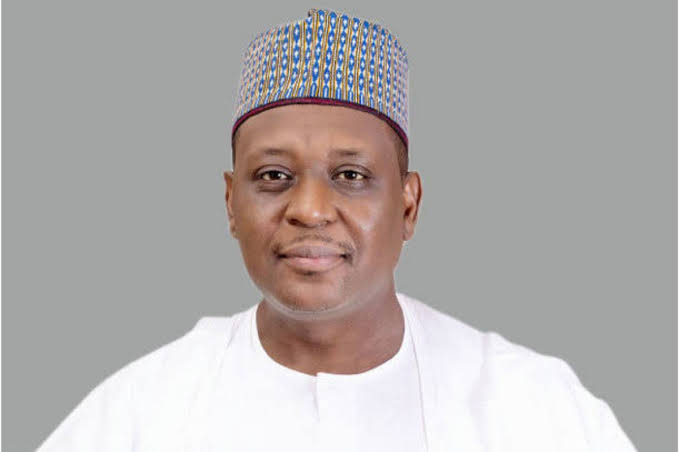
“This administration is ensuring that women afflicted by obstetric fistula receive affordable care,” he stated. He elaborated that hundreds of women have already benefited from low-cost repairs of their fistulas, with many more receiving the essential treatments they require. Furthermore, he mentioned the importance of empowering these women, a considerable number of whom hail from vulnerable communities, ensuring they regain their dignity and agency in society.
In addition to expanding healthcare access, Prof. Pate stated that the federal government is training frontline health workers across the country. This initiative aims to fortify the healthcare system and enhance the capabilities rendering care to women affected by obstetric fistula. He expressed optimism that these concerted efforts would lead to a significant reduction in maternal mortality rates while also improving overall health outcomes for children across Nigeria.
“The Ministry of Health is also working with the Ministry of Women Affairs to ensure that women recovering from fistula are empowered and supported,” he stated. This collaboration aims to address the myriad vulnerabilities faced by women dealing with obstetric fistulas, enabling them to reintegrate into society with the dignity they deserve.
Prof. Pate reiterated the federal government’s steadfast commitment to improving healthcare outcomes in Nigeria, especially for the nation’s most vulnerable populations. This commitment is part of President Bola Tinubu’s overarching health agenda, which aims to enhance maternal health, reduce child mortality, and strengthen the overall healthcare infrastructure.
“We are on the path to improving maternal health, reducing child mortality, and strengthening our healthcare systems. We will continue working with states and other partners to achieve these objectives,” he emphasized.
Prof. Pate affirmed that the government’s healthcare initiatives underscore its dedication to ensuring that no Nigerian is left behind in accessing essential medical care, particularly those in dire need within poor and vulnerable communities. The strides made through the Vulnerable Groups Fund signify a crucial step towards a more inclusive and equitable healthcare system in Nigeria.


